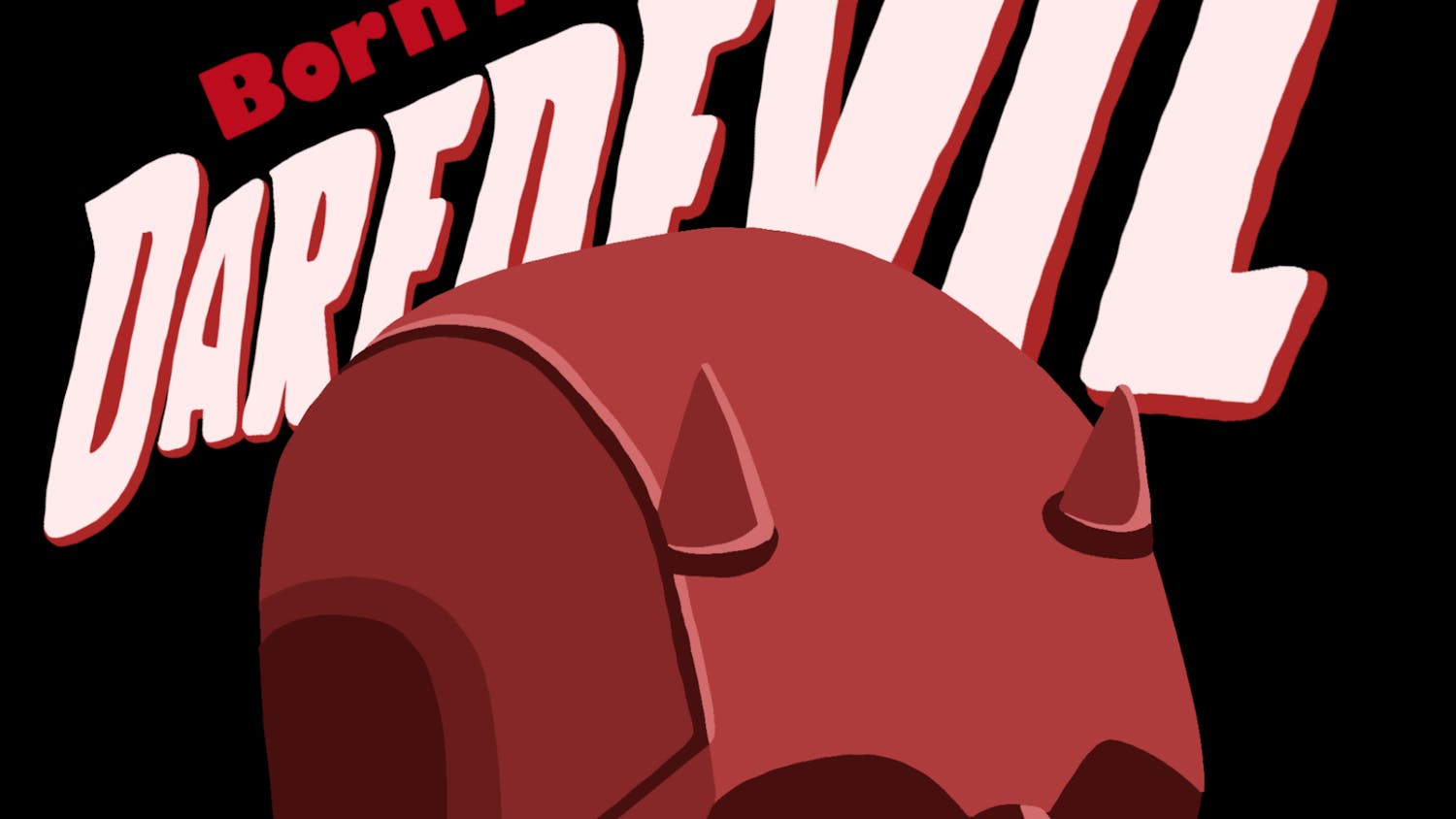As the Earth’s temperature increases, as it has for decades, climate change is becoming more of a hot topic. Climate change is a natural occurrence that happens on our planet, where temperatures fluctuate normally leading to periods such as ice ages. However, recent use of things such as industrial factories and transportation leads to escalating greenhouse gases.
These greenhouse gases, which are gases such as carbon dioxide, get trapped and keep energy inside our atmosphere, quickly leading to higher and higher temperatures. Ohio University Director of Energy Management and Sustainability Elaine Goetz elaborated on this topic, highlighting how keeping your life sustainable is one easy way to make a powerful impact.
“It’s actually this sort of misunderstanding that sustainability is completely environment focused,” Goetz said. “Sustainability is based on the triple bottom line. Something is sustainable only if it simultaneously benefits people, planet and prosperity.”
Goetz emphasized that not only are economics important in decisions, but how choices benefit or cost the environment and people are as well. An example of this would be riding a bike to work rather than driving a car. While this may not work well for everyone, this decision can be healthier for one’s body, the environment and one’s wallet. Living life in this manner and considering the impacts that each small choice can have is one of the first steps to minimizing one’s carbon footprint.
At her job as director of energy management and sustainability, Goetz has a goal of combating climate change and reducing our emissions in order to reduce drastic side effects, such as destructive weather events or the destruction of coral reefs.
Goetz explained that in terms of economics, in some ways that’s even the biggest reason to reduce emissions because corporations will spend trillions of dollars in the future in order to combat the effects of climate change. In Goetz’s opinion, it’s much more cost effective to reduce our emissions now and invest in changes to prevent climate change.
“Pay attention, read the news and keep focused on what individual actions you can take,” Goetz said, offering advice on what people can do to prevent rapid climate change. “Pay attention to how you dispose of your waste. Try to not create waste where you don’t need to. We live in a pretty disposable culture where people just buy things and then throw them away, and that really can contribute to all of the emissions that go into manufacturing things.”
Goetz explained that the West 82 food court used to have a compost bin, and that compost bin has since been disposed of because too many people would just dump trash such as plastic into it. This is just one of the examples she listed to emphasize the impact people can have.
OU professor of geography Ryan Fogt addressed this topic as well, as he studies climate and teaches the physical science of climate change. He even brought up how we have seen immediate impacts of cutting back on our emissions due to the coronavirus. As people have gone into quarantine and have cut back on commuting to work and going in public in general, measurements have shown improvements in air quality in a number of U.S. cities. There’s also been a general decrease in greenhouse gas emissions due to people working from home.
However, he feels these improvements won’t last because people won’t function like this forever.
“The high latitude northern hemisphere is warming the fastest,” Fogt said. “There are also places in and around Antarctica that are warming the fastest, and so you can look at surface temperature and see that is one indicator of climate change. Greenhouse gases are going up … Sea levels are rising … There’s also the melting of ice.”
Greenhouse gases, which Fogt compares to getting into a hot car after it sits in the sun all day, are what cause all of these changes simply because they get trapped in our atmosphere and warm up the earth. This can even lead to animals migrating poleward or up into Alpine environments in order to find food. Fogt explained that we’ve seen a number of plants flowering and blooming earlier in response to the hotter temperatures as well.
To make a difference, students don’t have to only practice daily sustainability as recommended by Goetz. They can also join the Climate and Sustainability Ambassadors, a group that Fogt runs. This group works to improve climate change, helping members study their own carbon footprints and become more conscious of their decisions and the impacts. Students can join here.
“I personally think it’s the biggest environmental issue of our time,” Fogt said on climate change. “And so being mindful of it, thinking about it and making choices each day to be part of the solution rather than part of the problem is the ideal approach.”






